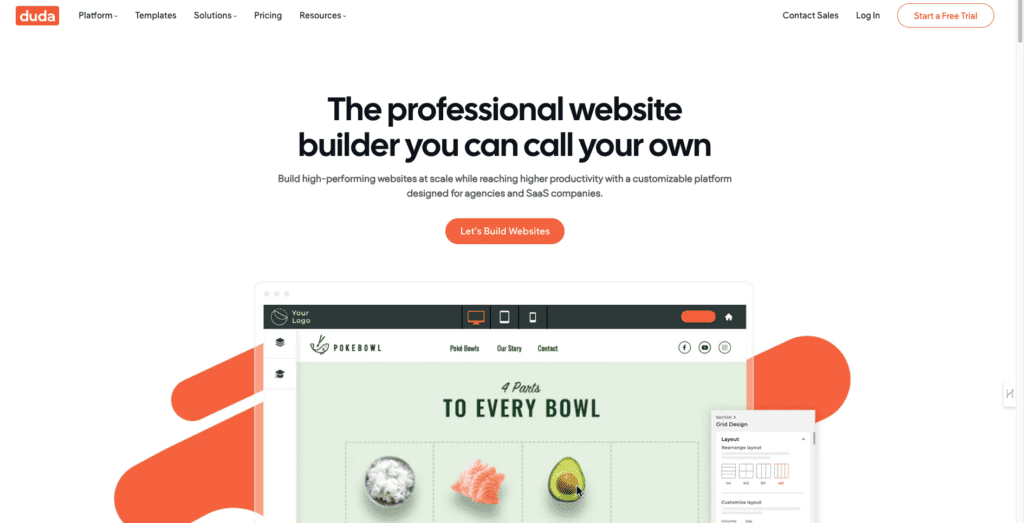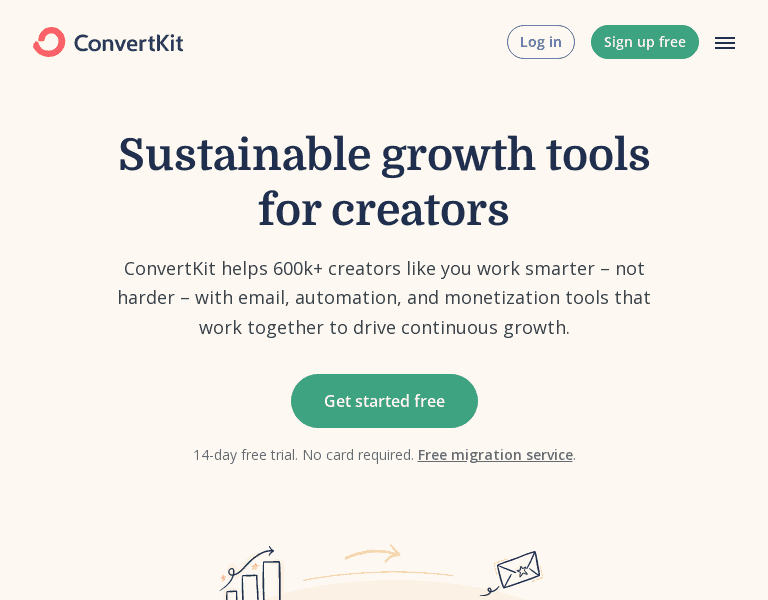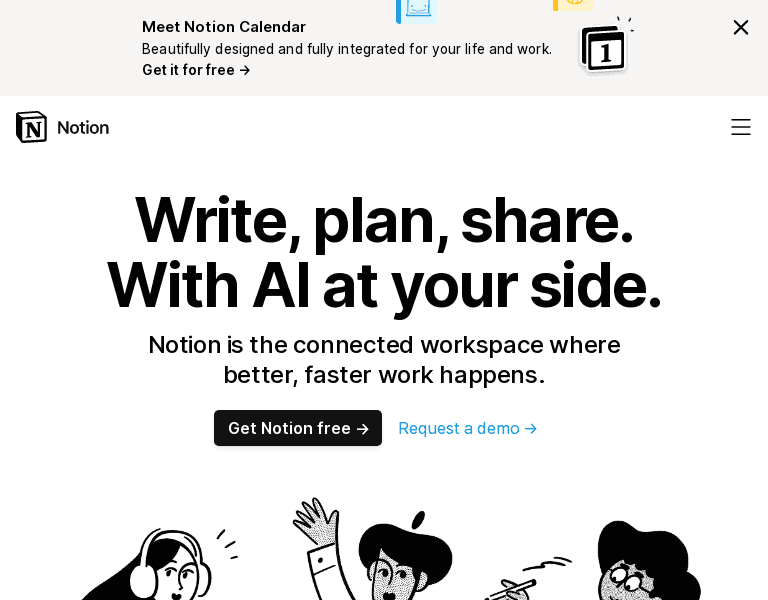Top Solopreneur Tools for 2024: Essential SaaS Platforms Every Solo Business Owner Must Explore
Introduction to Solopreneur Tools
Solopreneur tools, specifically SaaS (Software as a Service) products, are the cornerstone of modern business agility and efficiency. For the enterprising solopreneur, these digital solutions are more than just facilitators of day-to-day operations—they are the key to staying competitive in a bustling online ecosystem.
This article unpacks the critical SaaS platforms that equip solopreneurs with the necessary resources to expand their businesses while keeping overhead low, granting them the strategic edge required for success
1. Crafting Your Digital Hub: Website Builders

Your website is often the first point of contact between your business and potential clients. Picking the right SaaS platform can make all the difference.
- Squarespace Ideal for visual storytelling, Squarespace shines in design elegance and intuitive site-building. Perfect for solopreneurs prioritizing aesthetics and simplicity in e-commerce and portfolio sites. Perfect if you want a simple website that looks good.
- Wix allows for intricate customization with its drag-and-drop features, catering to solopreneurs who want total control over site design and functionality. Ideal for crafting unique, feature-rich websites.
- Duda stands out for its focus on speed and collaborative tools. A go-to for solopreneurs needing fast, responsive sites with client management capabilities.
- WordPress provides unparalleled flexibility with thousands of plugins but it the most difficult platform to use as a solopreneur as you’ll need a developer to maintain, improve and build on this platform.
- Durable excels in providing secure, high-performance websites with a focus on scalability. A solid choice for solopreneurs who foresee rapid business growth.
- Solo is the newest entrant to the list. It was built exclusively for solopreneurs in mind, and is entirely free. Backed by Mozilla and powered by AI, this is the best solution if you just want to build a one page website to promote your services, or yourself.
Practical Tips: Consider your business needs and choose a platform that balances ease of use with functionality. Keep SEO and mobile responsiveness at the forefront of your decision.
2. Conversion Mastery: Sales Funnels

Sales funnels are the backbone of online marketing strategies. They guide potential customers through the journey from awareness to purchase.
- ClickFunnels A powerhouse in creating optimized sales funnels, perfect for solopreneurs focused on driving sales and simplifying the customer journey.
- Leadpages Best for quick, high-converting landing pages with minimal fuss. Great for solopreneurs needing efficient lead generation tools.
- Instapage stands out for its detailed customer journey analytics.
Practical Tips: Use the A/B testing features these platforms offer to refine your messaging and design for the best conversion rates.
3. Persuasion Platforms: Sales Pages

A compelling sales page can be the difference between a browser and a buyer.
- Unbounce is best for quick, high-converting landing pages with minimal fuss. Great for solopreneurs needing efficient lead generation tools.
- Instapage offers detailed personalization for landing pages, aligning closely with targeted advertising campaigns. Ideal for solopreneurs with a strong focus on tailored marketing strategies.
- Gumroad is the streamlined platform for selling digital products, from e-books to courses. It stands out for its ease of use, allowing solopreneurs to quickly set up shop and sell with minimal setup, complete with analytics and customer engagement tools.
Practical Tips: Take advantage of the rich multimedia and interactive elements these platforms offer to engage visitors and encourage sales.
4. Email Marketing Apps

Despite the rise of social media, email remains a crucial tool for customer engagement and retention.
- Mailchimp: User-friendly and versatile, perfect for solopreneurs starting in email marketing. Known for its robust automation and integration capabilities.
- ConvertKit: Tailor-made for creators and bloggers, offering nuanced tools for audience building and content monetization.
- ActiveCampaign: Combines CRM with advanced email marketing, ideal for solopreneurs seeking deep customer engagement and detailed analytics.
Practical Tips: Personalize your emails and use segmentation to ensure relevancy. Track engagement through open and click-through rates to tailor future campaigns.
5. Nurturing Relationships: CRM Systems

Customer Relationship Management (CRM) systems help you keep track of interactions with clients and prospects, ensuring no opportunity slips through the cracks.
- Salesforce Essentials brings enterprise-grade CRM functionalities to solopreneurs, ideal for those looking for scalability and comprehensive customer insights.
- HubSpot CRM offers an expansive range of free CRM tools, perfect for solopreneurs needing an all-in-one solution for customer management and inbound marketing.
- Zoho CRM is known for its intuitive interface and range of integrations.
- Notion is versatile workspace combining notes, databases, and task management. Ideal for solopreneurs who need an all-in-one organizational tool to manage projects, documentation, and CRM in a highly customizable environment.
- Monday.com stands out as the visually intuitive project management tool that excels in workflow customization and team collaboration. Perfect for solopreneurs managing complex projects or working with freelancers, offering a clear view of tasks, timelines, and progress.
Practical Tips: Regularly update customer information and use CRM data to personalize communication and forecast sales.
6. Amplifying Your Reach: Social Media Management

Social media is an expansive battleground for attention. Efficient management through SaaS can save you time and amplify your message.
- Buffer streamlines your social media posting, making it simple for solopreneurs to maintain a consistent online presence across multiple platforms.
- Hootsuite provides extensive social media management tools, from scheduling to analytics. Ideal for solopreneurs who manage multiple social channels and value in-depth insights.
- Sprout Social offers deep-dive analytics and engagement tools, perfect for solopreneurs who are serious about understanding and growing their social media impact.
Practical Tips: Plan your posts in advance and analyze your engagement data to refine your social media strategy.
7. Visual Branding and Engagement: Social Media Graphics

Visuals capture attention and can convey your message quickly and effectively.
- Canva is a user-friendly design tool that revolutionizes content creation, ideal for solopreneurs who need professional-looking graphics without a steep learning curve.
- Adobe Spark is tailored for creating impactful social media content and web stories, it’s perfect for solopreneurs wanting to elevate their brand with polished visuals.
- PicMonkey combines photo editing and graphic design, suitable for solopreneurs who desire advanced creative control over their visual content.
Practical Tips: Stay consistent with your branding across all graphics. Use templates to maintain a cohesive look while saving time.
8. Streamline Your Schedule: Top Automated Scheduling Tools
For solopreneurs, scheduling meetings and managing appointments can be a significant time drain, which is where automated scheduling tools come in. These applications streamline the process, allowing for more efficient time management and a professional approach to booking appointments. Here’s a look at some leading tools in this category, including Calendly and TinyCal, along with a couple more that are highly regarded for their utility and ease of use:
- Calendly simplifies the scheduling process by allowing clients to view your availability and book their own appointments or meetings directly. This tool integrates seamlessly with your calendar to prevent double bookings and offers customizable meeting slots, making it a favorite among solopreneurs for its ease of use and efficiency.
- TidyCal offers streamlined, user-friendly scheduling with a focus on simplicity and minimalism. Ideal for solopreneurs who prefer a straightforward approach, it provides basic scheduling features with an intuitive interface, making it easy for clients to book time without unnecessary complications.And it comes with a lifetime license: pay once, use forever.
- Doodle Doodle stands out for its group scheduling capabilities, making it easy to find a time that works for everyone. It’s particularly useful for solopreneurs needing to coordinate with multiple stakeholders, offering polls for date and time preferences to simplify decision-making.
- Acuity Scheduling is a robust tool that not only allows clients to book appointments but also enables solopreneurs to offer paid consultations directly through the platform. It offers extensive customization options, from branding your booking page to automating reminders and follow-ups, making it a comprehensive solution for managing a wide array of scheduling needs.
9. Conclusion
For the solopreneur, growth is not just about working harder but working smarter. By leveraging the microservices and SaaS products outlined, you can optimize operations, boost efficiency, and scale your solo venture to new heights.
9. Call to Action
Start with one tool from each category and see how it can transform your business operations. Share your experiences or questions in the comments below—we’re here to learn from each other.

